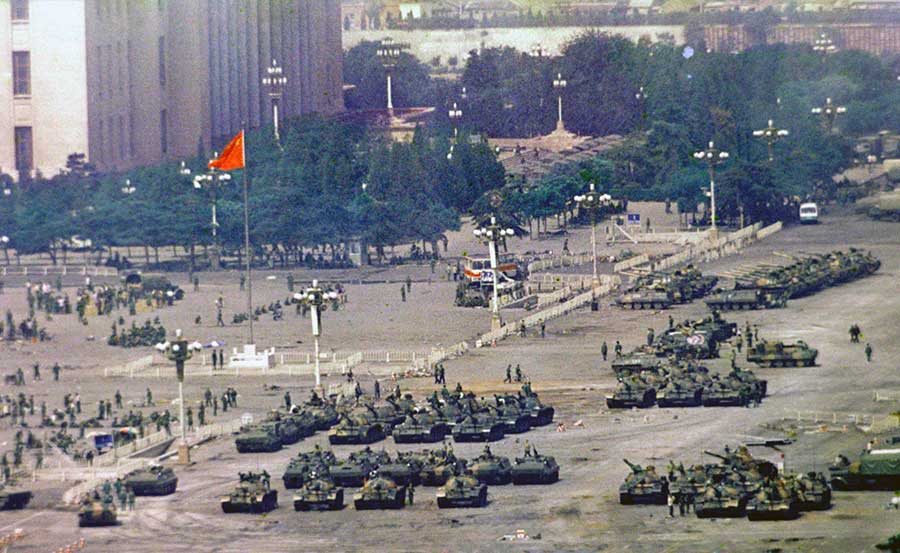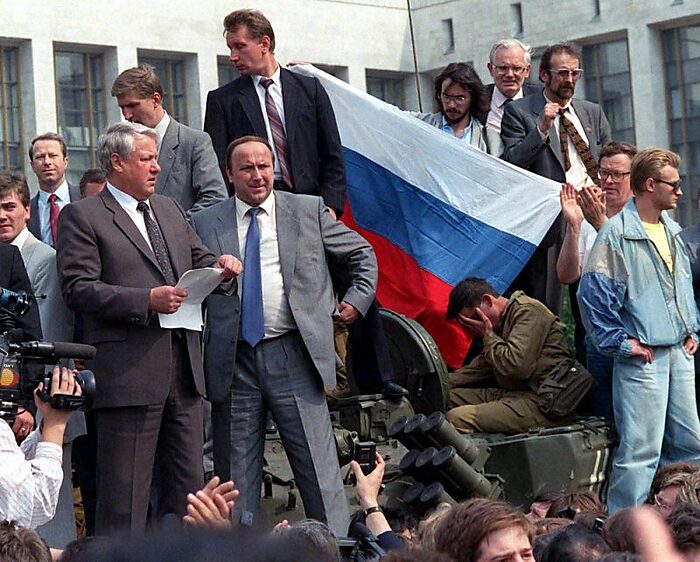The Storming Of The US Senate And The Implications For China & Russia

Op/Ed by Chris Devonshire-Ellis
The scenes played out in Washington DC last night appear unique in the context of the United States recent political history, but they are far from being so elsewhere. Just last year there were mass anti-Government protests in Belarus, Kyrgyzstan, Lebanon, Hong Kong, and Serbia, while in 2019 mass protests were held across much of South America, including Bolivia, Chile, Columbia, Ecuador, Peru and Venezuela while Eastern EU members Bulgaria and Romania also saw conflict. What has happened in the United States is not in fact, uncommon. Were it not for the Covid pandemic and enforced military and Police presences in many nations, 2020 could have seen even more political upheaval. What has occurred therefore in Washington is not purely an American problem. It is understanding this issue that is key to resolving it.
Ultra-Capitalism
In many ways, we have been living through a period of ultra-capitalism. Greed and a largely US based system of incentivizing companies to forever reach new financial targets or risk being punished have pushed the boundaries too far: global warming is just one symptom of excessive plundering of the worlds resources. America is partially to blame, and just two days ago President Trump signed off a deal to auction off Alaska’s Arctic Wildlife Refuge to US oil companies. America’s Interior Department’s Bureau of Land Management will now offer drilling rights to most of the refuge’s nearly 1.6 million-acre coastal plain, at what is the minimum price: US$25 per acre. It will yield just US$40 million in revenues, yet the damage to the eco-system will be irreparable.
China too, has turned to a capitalist model, although an authoritarian one, with new changes in policy designed to change the economic model to that of a consumer society. It remains to be seen what impact that will have on global resources. The Chinese middle class is already larger in size than the entire population of the United States. India too, is seeing an emerging middle class of similar size.
The wealth gap has increased and has incredibly done so through Covid – the rich have gotten wealthier. Jeff Bezo’s Amazon now frequently charges more to use his supply chains than the cost of the actual product. Clearly, we are heading into uncharted territory – a developing unease about where the planet is heading, yet with the masses unable to do much about it – except protest. The danger here is – and this is the case in the United States – that the population at large lets off steam by protesting, while the actual cause is partially irrelevant, cottoning on to a type of collective psychosis manifesting itself as a legitimate reason. If so, then the actual causes for discontent are swept under the carpet; and will never be dealt with.
Us versus Them
In the United States in particular, entire generations have collectively been fed an ‘Us versus Them’ mentality. Vietnam. Korea. The Cold War. Iraq. Iran. Russia. China. Now it has imploded, and today includes fellow Americans. Black. White. Hispanic. Muslims. Communists. Republicans. Democrats. The Police.
The United States itself is partially to blame for this. It has long embarked on a global mission that treats American nationals as superior. No extradition. No war crimes. The right to bear arms. It has also subverted the global financial system, under pretense of building SWIFT and having all international banking transactions diverted through US intermediary banks on the pretext of security, and anti-money-laundering mechanisms. It has instead used its power to cut countries out of the global banking network should they have policies running contrary to US interests. What should be a useful global network has been subverted to become an American weapon.
America has used sanctions, often prescribed for a specific event and using that as an excuse to promote its own business interests. This is what happened with Crimea, where a territory who wished to return to Russia made its views known, against a Ukrainian military patently unwilling to defend it. There was one casualty (a heart attack) as the Russian military moved in – at the wishes of the people. The result was American sanctions followed by the same imposed by the EU. Since then, Russian companies and especially in the Oil and Gas sector have faced sanctions over the supply of gas to Europe, although Washington hasn’t had it all its own way. The US continues to tout American shale gas extractions as supplies to the EU, despite them costing far more. They remove the competition by imposing sanctions under a pretext, while conjuring up US media outrage against the offending, now sanctioned party. Us versus Them.
Global Mistrust & Unease
The upshot of all this is that the US has traveled a long way from the global outpouring of sympathy it received after 9/11. In just 20 years, the United States has lost much sympathy and goodwill. It has created a massive Eurasian alliance between China and Russia, it has encouraged North Korea and probably Iran to develop nuclear weapons, subverted global systems and withdrawn from global initiatives. At least Trump, unlike predecessors, managed not to go to war.
Up for questioning the past four years have been the US membership of NATO and the WTO, while the United States has begun processes to leave the WHO (during a global pandemic!), left the Paris Accord on climate change, abandoned a Nuclear agreement with Iran, instigated a trade war with China, and threatened sanctions upon the EU, Germany, France, Turkey, and the International Criminal Court. It is not an impressive behavioral list, and America has made enemies as a result.

China and Russia
Last night’s American media also played up the American ‘Us versus Them’ rhetoric, with immediate comments such as “A Christmas Present for Putin and Xi” implying that both leaders – and important ones at that – will be rubbing their hands with glee at scenes of Washington’s discomfort. These are childish statements; both men already know what it is like to have such scenes on their political doorstep. China had Tiananmen, a period where the country teetered briefly on the cusp of another civil war, and Russia, where tanks had their cannons aimed at the State Duma. At least Washington hasn’t let things get that bad.
The truth of the matter is that both China and Russia continue to need the United States. It is also true that the United States remains unaware how much it needs them. But surging rivers have been set in motion; and unless a rapprochement can be brokered by incoming President Biden, the developing gap between China, Russia and the United States will widen. To avoid that, President Biden needs to strip out part of the patently unfair elements of United States policy on the global stage. He needs to show that America is strong and confident enough to become more accountable. US nationals wanted for crimes overseas need to be held responsible. US military atrocities need to be addressed. A committed move away from the arbitrary use of sanctions needs to be agreed upon. Threats and withdrawals need to cease. Presidents need to stop being seen to be so angry. U.S. hawks will see such suggestions at weakening American resolve. That is pure paranoia. America needs to be seen to be more reasonable, more considered, less aggressive. If not, it will become more isolated.

Moscow, 1991
President Biden reflects at least those values. He also needs to project them to President’s Xi and Putin, as well as to other global leaders. I have seen and heard Xi and Putin speak at various conferences in the past couple of years. Their global visions and expectations appear reasonable. If this is true, then they also need to show a willingness to work with Biden, just as the incoming President needs to show willingness to work with them. Previous personal disagreements need to be placed to one side. If that can be achieved, we may be able to collectively step back from the types of scenes that Washington has just witnessed. It is not just Trump. It is a global unease, and a reversion to regional tribalism. As global leaders, Messer’s Biden, Putin and Xi need to start to deliver, less Washington’s experience becomes a global political norm.
Related Reading
- Xi Calls For Greater Cooperation, Connectivity & Development Of The Health Silk Road At UN Virtual Summit: Comparisons With The US Position
- Putin’s Speech To The UN: Covid Vaccine, Green Corridors, Reducing Trade Restrictions, International Law
About Us
Silk Road Briefing is written by Dezan Shira & Associates. The firm has 28 offices throughout Asia, and assists foreign investors into the region. For strategic advisory and business intelligence issues please contact the firm at silkroad@dezshira.com or visit www.dezshira.com





